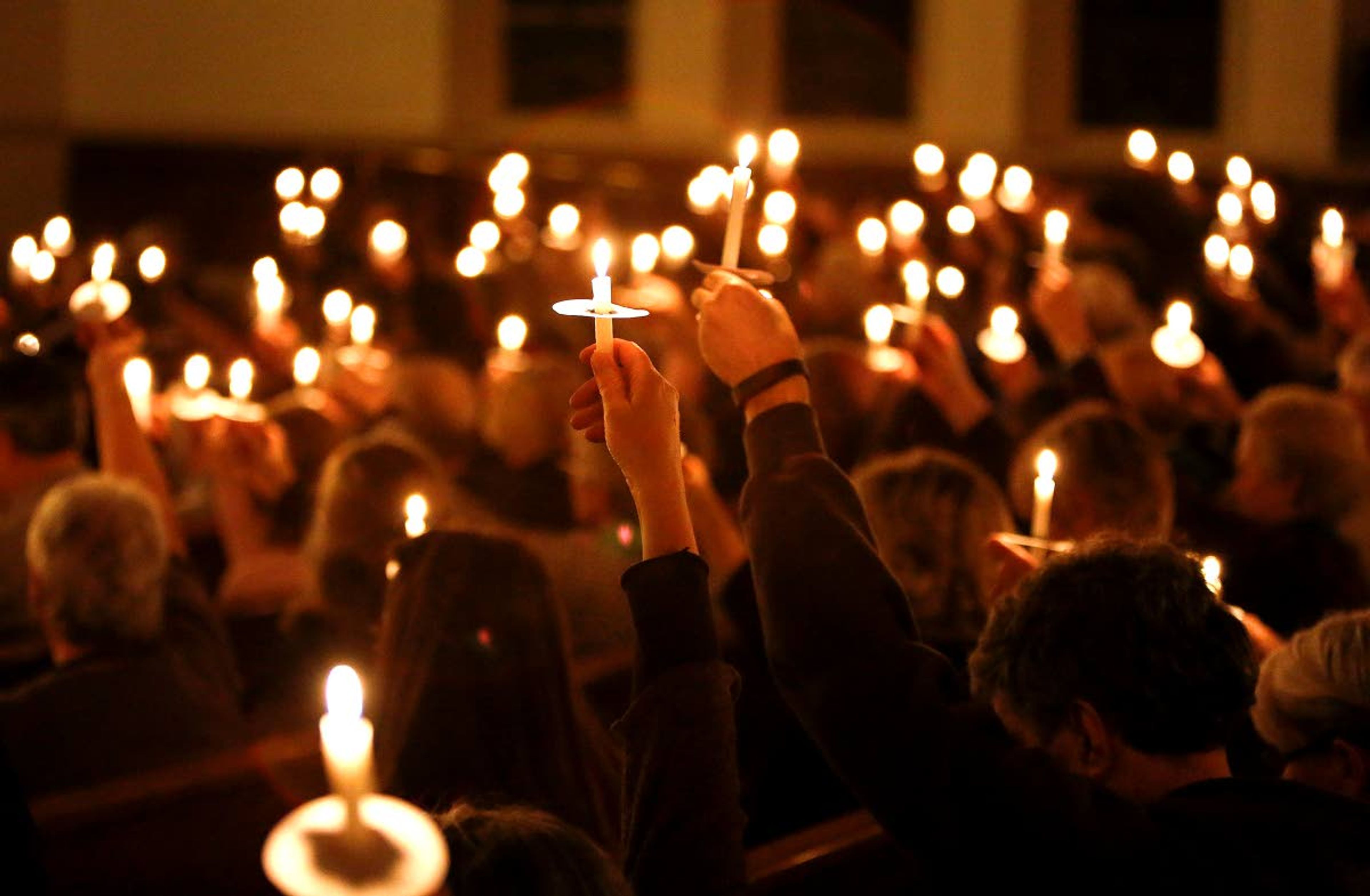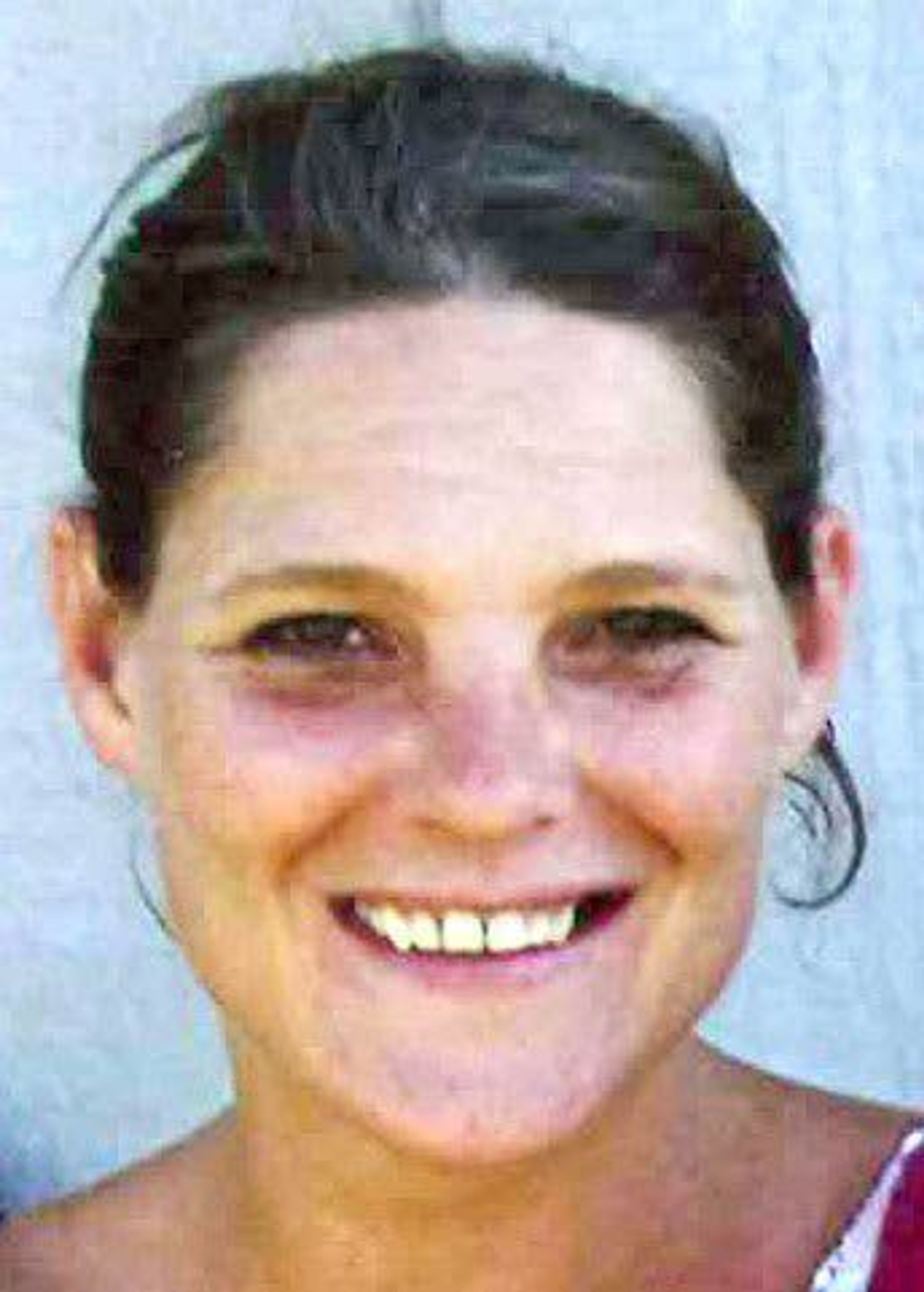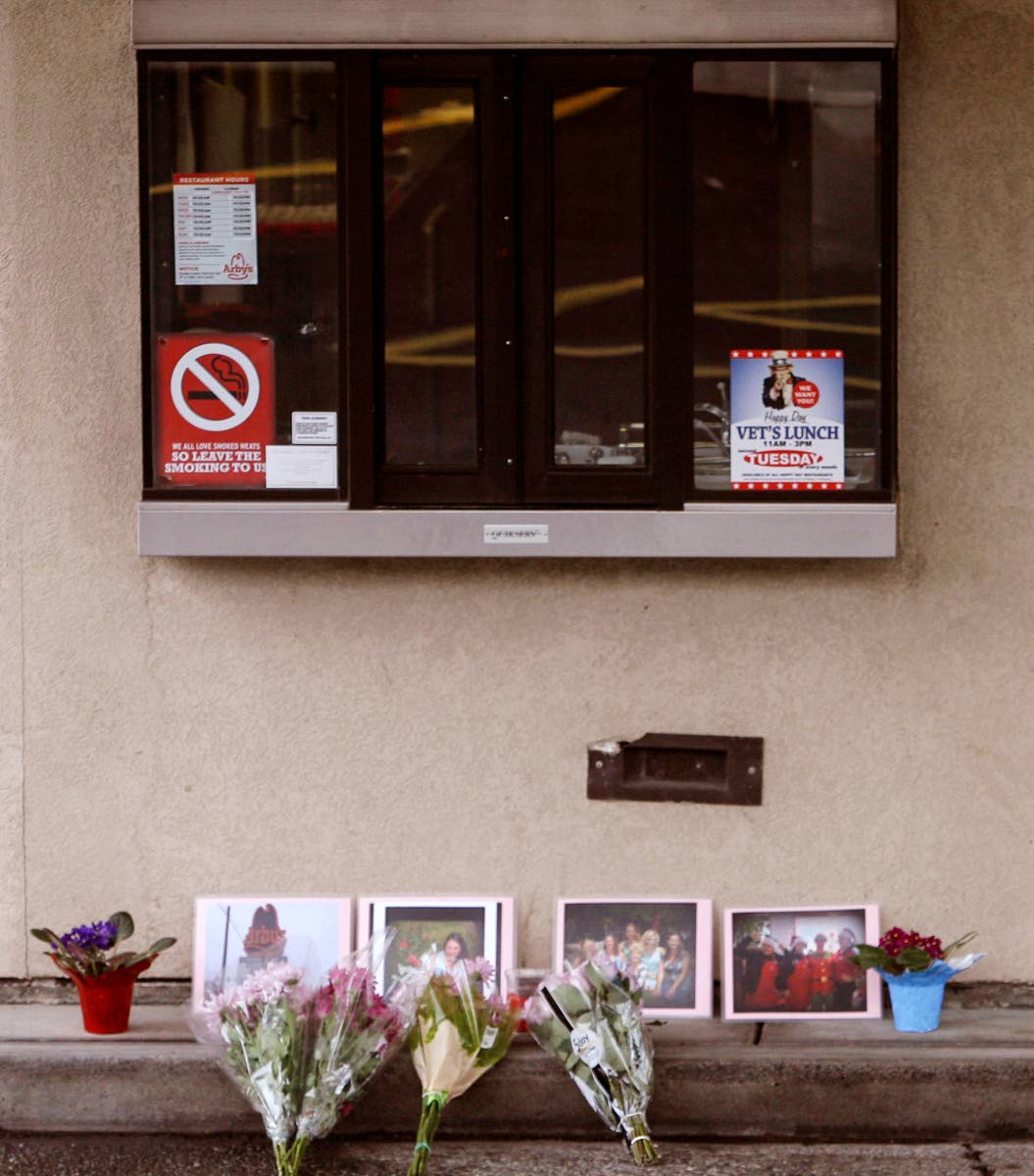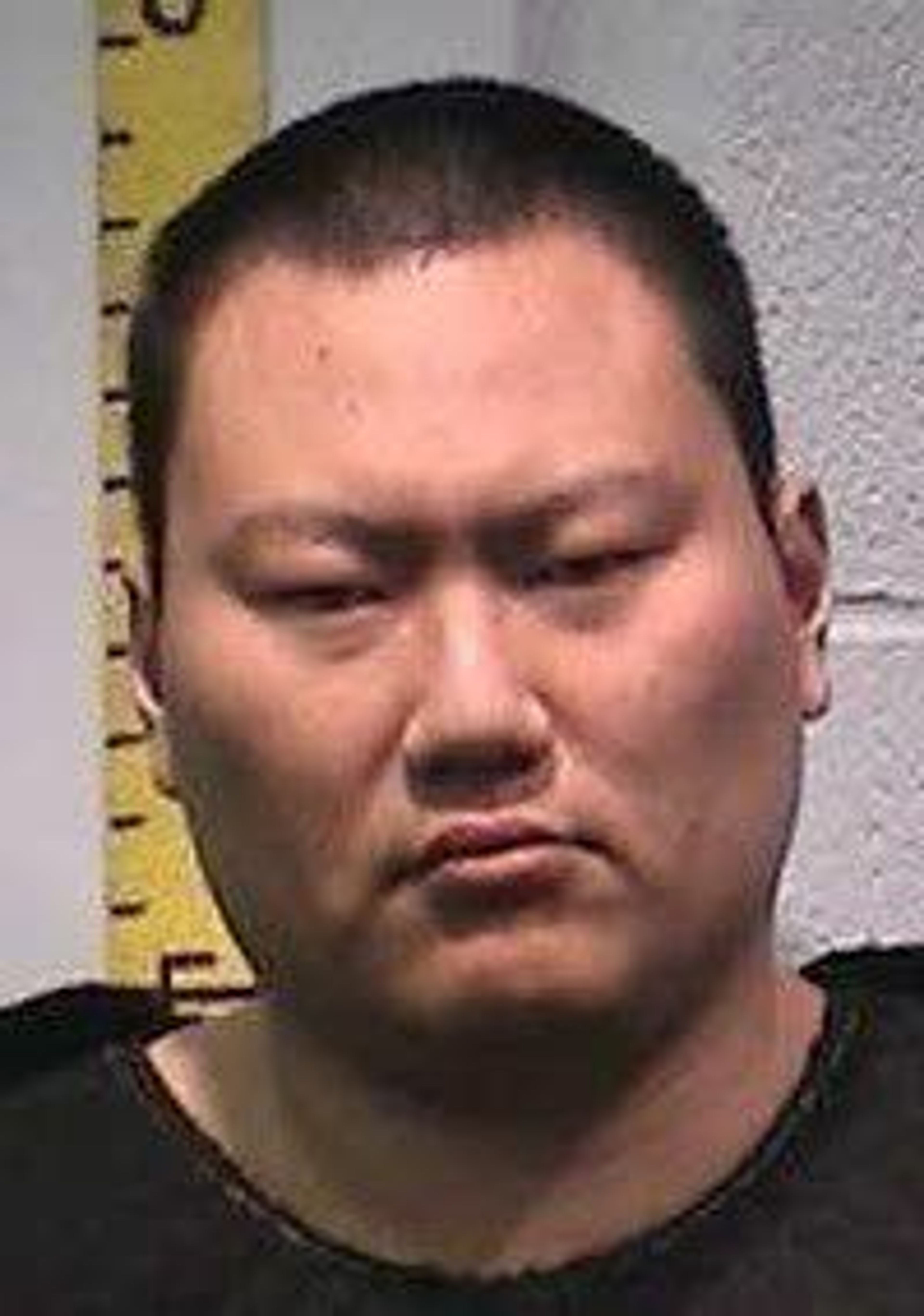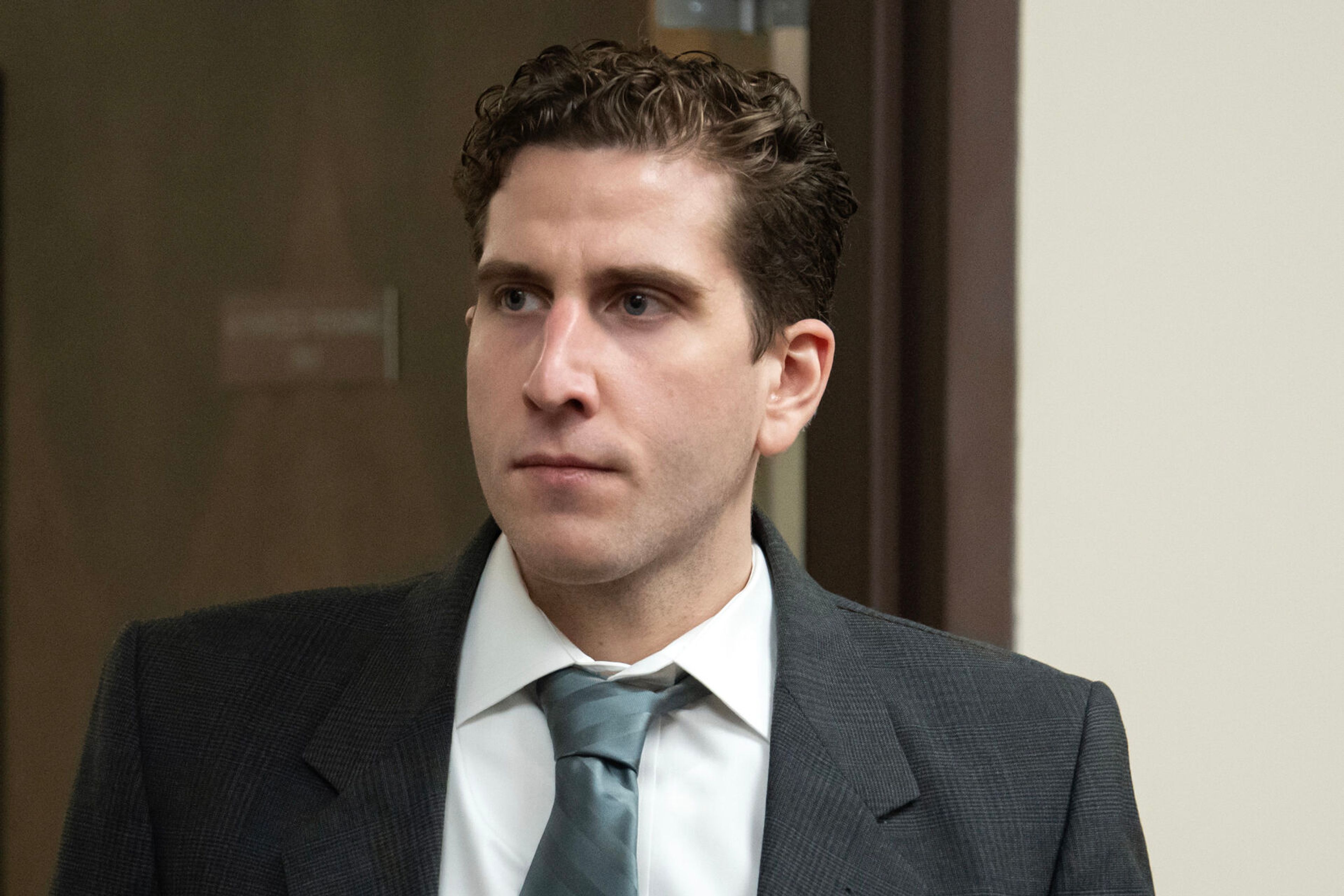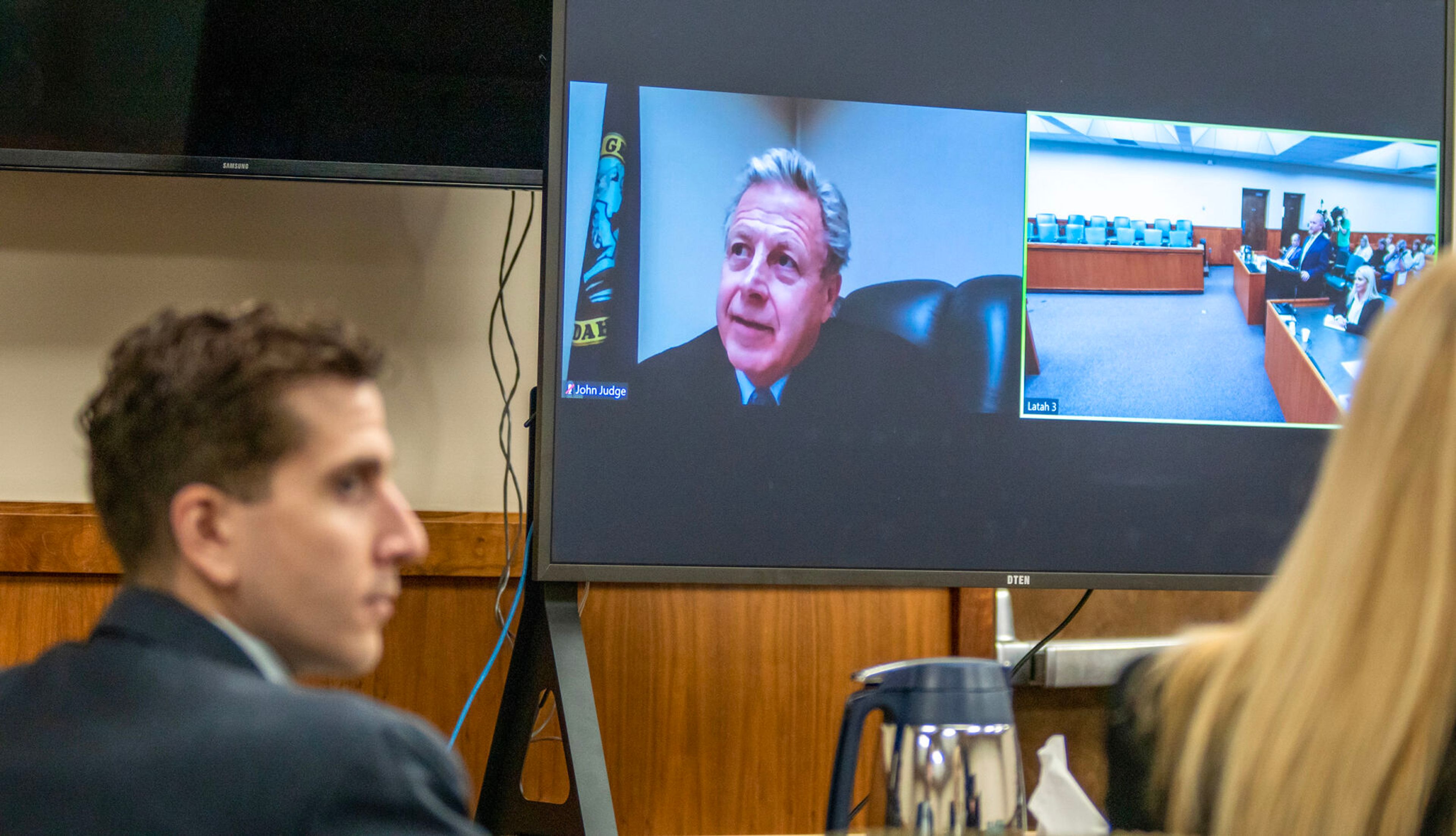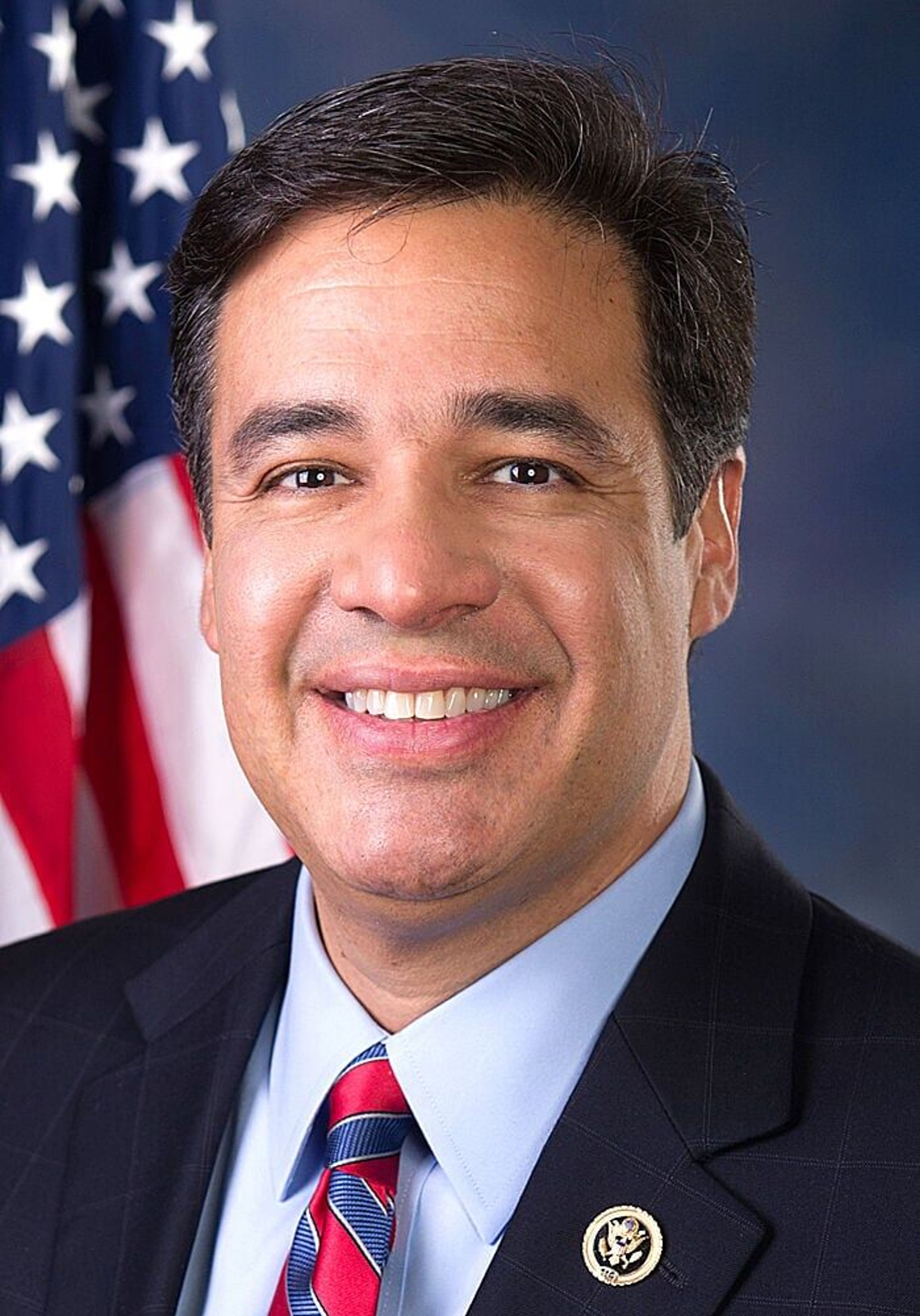‘I just look at life as very precious’
Family members cite moments of clarity five years after tragic shooting spree in Moscow
Five years ago this month, John Lee sent shock waves through Moscow. His shooting spree the morning of Jan. 10, 2015, killed three people and seriously injured one.
As in any tragedy, the impact of that day extended beyond the four victims.
The emotional wounds suffered by the victims’ families are now scars. For them, they serve as a reminder of one of the darkest days in the city’s history.
Lee, now 34, killed his adoptive mother, Terri Grzebielski, 61; his landlord, David Trail, 76; and Moscow Arby’s manager Belinda Niebuhr, 47.
All three were shot multiple times.
Grzebielski, a physician assistant at Moscow Family Medicine, was shot at her home on Veatch Street; Trail was shot at an East Third Street Northwestern Mutual office where he worked; and Niebuhr was shot at the Arby’s she managed on Peterson Drive.
Michael Chin was also shot several times at the Northwestern Mutual office and was the lone survivor. Lee lived in the apartment complex above the Northwestern Mutual office where Trail and Chin were shot.
Lee was sentenced to life in prison without the possibility of parole in 2016.
Don Fristoe, Niebuhr’s fiance at the time, said he and his two daughters, now 22 and 16, still think about Niebuhr every day.
The year 2015 only got worse for Fristoe and his daughters when three months after the John Lee shooting, Fristoe’s ex-wife and the mother of his two daughters, died by suicide.
“If God had a test for me, I think I passed it,” said Fristoe.
Fristoe, who still lives in Moscow, said for a long time after her death it was tough to speak about Niebuhr without crying. Neibuhr, he said, also had children of her own.
Fristoe said he is done grieving, but something on television, for example, will remind him and his daughters of Niebuhr, and the three might choose to share a laugh instead of tears.
“I just look at life as very precious,” he said. “I hug my girls daily and we’re very tight. We’re tighter now than we ever have been.”
Martin Trail, David Trail’s oldest of four children, said he is reminded of his father but, like Fristoe, his days of grieving are over and healing is taking place.
Martin Trail, who has worked at Northwestern Mutual in Moscow for 39 years, said every day on his way to work he walks by the apartment complex where his father, who worked more than 50 years at Northwestern Mutual, was shot. Walking by the building used to stir up bad memories, but after five years, he does not always think about that terrible January day when he strolls by.
He said the loss of his father makes him appreciate him more.
“I think as a family we have a stronger realization, a good reminder that we don’t know what will happen tomorrow, so having our cages rattled like that has brought us together more,” Martin Trail said.
Moscow Mayor Bill Lambert, who was in his second year as mayor at the time of the shooting spree, said he knew — to at least some degree — Grzebielski, Trail and Chin.
“That was a sad time for our town,” Lambert said.
Lambert said permanent Moscow residents will always remember the shootings.
“One thing I’ll say about this town when things like that happen, this town pulls together so well — all stripes,” he said. “It’s amazing.”
Moscow Police Department Chief James Fry, who was a lieutenant at the time, said the shootings highlighted collaborative efforts among Idaho and Washington law enforcement agencies.
Lambert agreed.
“The collaboration with the law enforcement was absolutely terrific,” Lambert said.
Lee drove away from Arby’s after shooting Niebuhr and crossed into Washington.
After spotting a vehicle and driver that matched Lee’s description in Pullman, officers attempted to stop him, but, Lee fled and led them on a high speed pursuit in Whitman County where speeds exceeded 100 miles per hour.
Lee lost control of his car while on U.S. Highway 195 and rolled several times off the side of the road north of Colfax.
Fry said his department handled the active shooter situation appropriately with officers responding as quickly as possible to each of the shooting locations.
He said he appreciated dispatchers’ efforts too. They were overwhelmed with hundreds of calls from people reporting the various shooting locations, but they still distributed information to officers that helped keep them safe.
Since Lee was sentenced to life in prison in 2016, he has made several appeals.
In 2018, a judge denied his appeal to withdraw his Alford pleas of guilty to three counts of first degree murder and one count of aggravated battery. The guilty pleas came in exchange for prosecutors agreeing not to seek the death penalty.
In an Alford plea, a defendant acknowledges the state can prove his guilt, but without admitting guilt himself.
Lee claimed at the time he entered his guilty pleas he was “not in the right state of mind” and stated that noises were affecting his decision-making and he did not feel that he had free will.
At least two different psychologists suggested Lee suffered from paranoid schizophrenia and high-functioning autism spectrum disorder, and noted he was unmedicated and in need of treatment at the time he entered his guilty plea.
Latah County Prosecuting Attorney Bill Thompson said Lee has a pending petition for post-conviction relief, a procedure that allows the defendant in a criminal case to bring more evidence or raise additional issues in a case after a judgment has been made post-trial.
Thompson said Lee filed the petition for post-conviction relief without a lawyer in July 2019, and Lee was appointed a Boise attorney in September of that year.
The attorney has until March 31 to amend the petition if he chooses. The state has to answer the petition or the amended petition by April 30 and schedule a conference for early May.
Garrett Cabeza can be reached at (208) 883-4631, or by email to gcabeza@dnews.com.
